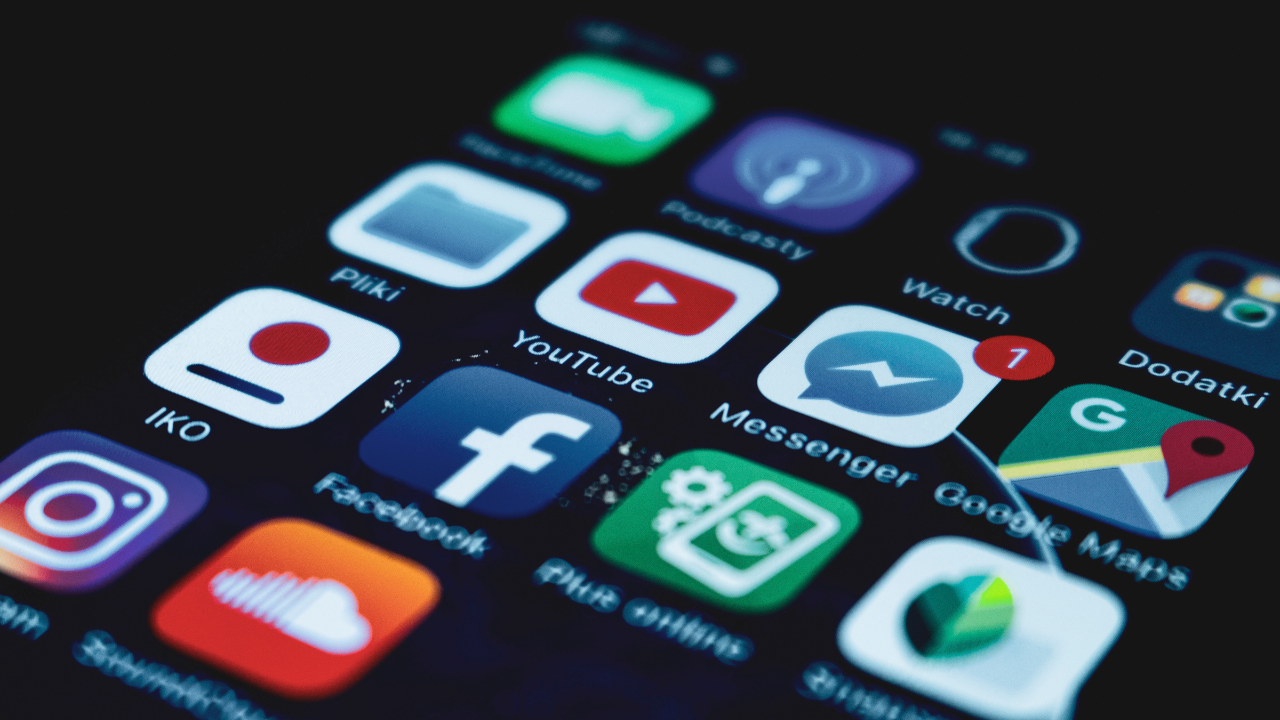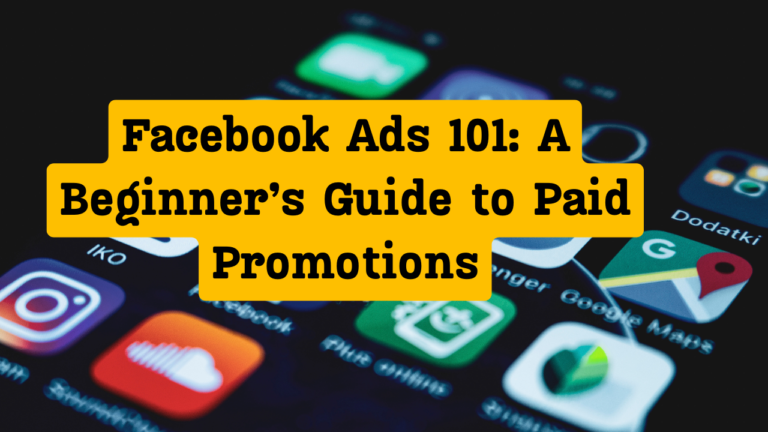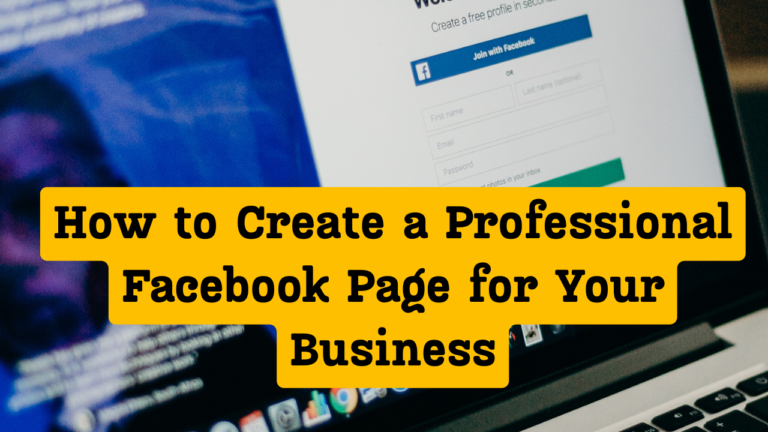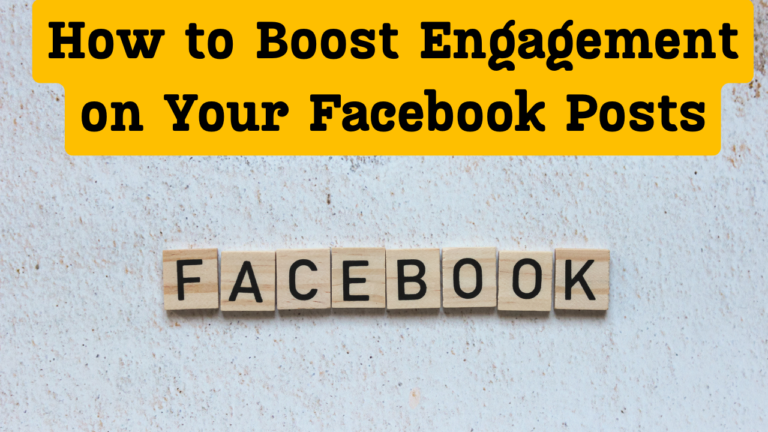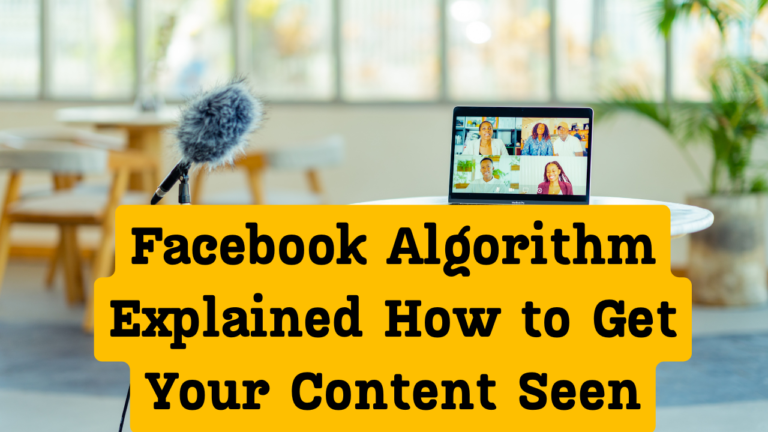Facebook Groups vs. Pages: Which Is Better for Your Brand?
Introduction of Facebook Groups vs. Pages: Which Is Better for Your Brand?
Facebook has become a powerhouse for brands, businesses, and creators looking to connect with their audience. But as the platform has evolved, so have its features, leaving many wondering: should you focus on a Facebook Page or a Facebook Group for your brand? The choice isn’t as simple as it might seem, and making the wrong decision can lead to wasted time and effort. In this guide, we’ll break down everything you need to know about Pages and Groups to help you decide which option—or combination of both—is best suited to your goals.
What Is a Facebook Page?
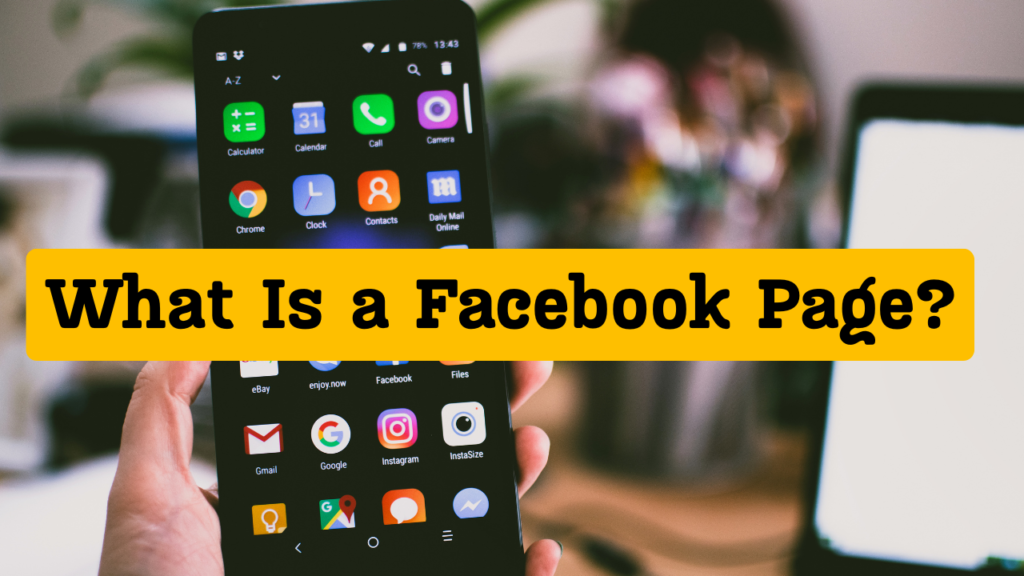
A Facebook Page is essentially your business’s public-facing profile on the platform. Think of it as a digital storefront where potential customers can learn about your brand, browse your offerings, and engage with your content. Pages are designed to be public, making them an excellent choice for businesses, organizations, and public figures looking to establish their presence on Facebook.
Benefits of Facebook Pages
One of the biggest advantages of Facebook Pages is their ability to leverage Facebook Ads. With ads, you can target specific demographics, increase visibility, and drive traffic to your website or store. Additionally, Pages come with built-in analytics tools, giving you valuable insights into your audience’s behavior and preferences. Pages are also highly customizable, allowing you to showcase your brand’s personality through cover photos, pinned posts, and call-to-action buttons.
Limitations of Facebook Pages
That said, Facebook Pages aren’t perfect. Over the years, organic reach for Pages has declined significantly, largely due to changes in Facebook’s algorithm. This means you’ll need to invest in ads or boost posts to ensure your content reaches your audience. Additionally, Pages can feel impersonal, making it harder to build deep, meaningful connections with your followers.
What Is a Facebook Group?
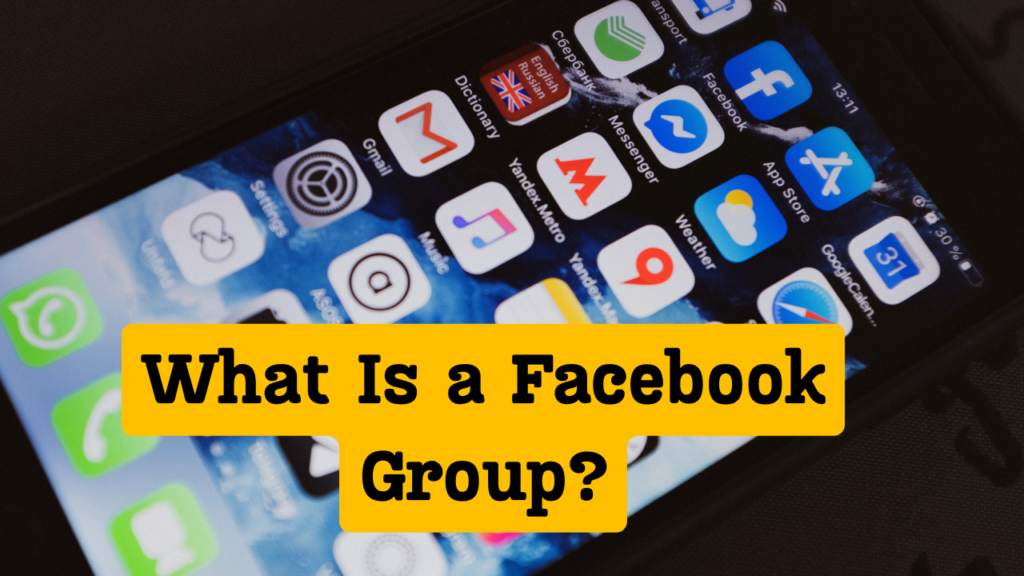
Unlike Pages, Facebook Groups are designed for community building. Groups provide a space for like-minded individuals to gather, share ideas, and engage in discussions. They can be public, private, or even secret, depending on the level of exclusivity you want to create. Groups are ideal for fostering a sense of belonging and encouraging more organic, interactive conversations.
Benefits of Facebook Groups
One of the standout benefits of Groups is their ability to build genuine relationships. Members often feel a stronger sense of connection in a Group setting, leading to higher engagement rates. Groups also tend to enjoy better organic reach compared to Pages, making them a cost-effective option for brands on a budget. Whether you’re sharing behind-the-scenes content or facilitating Q&A sessions, Groups allow for more authentic interactions.
Limitations of Facebook Groups
However, Groups aren’t without their downsides. For starters, branding options are more limited compared to Pages. You won’t find call-to-action buttons or advanced advertising features here. Additionally, managing a Group can be time-consuming, as active moderation is often required to keep discussions on track and maintain a positive atmosphere.
Engagement: Pages vs. Groups
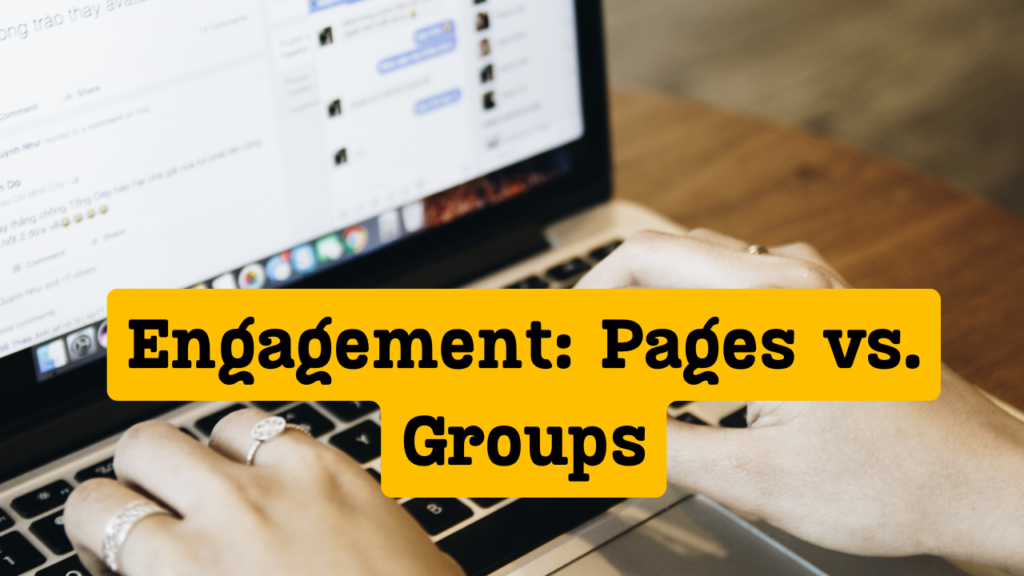
When it comes to engagement, Groups tend to have the upper hand. The interactive nature of Groups encourages discussions, making it easier to build a loyal community. On the other hand, Pages rely more on one-way communication, such as announcements and promotions, which may not generate as much interaction.
Reach: Pages vs. Groups
In terms of reach, Groups benefit from Facebook’s algorithm, which prioritizes content shared within Groups over posts from Pages. That said, Pages can use paid ads to expand their reach, giving them an edge when it comes to targeting specific audiences.
Content Strategy for Pages and Groups
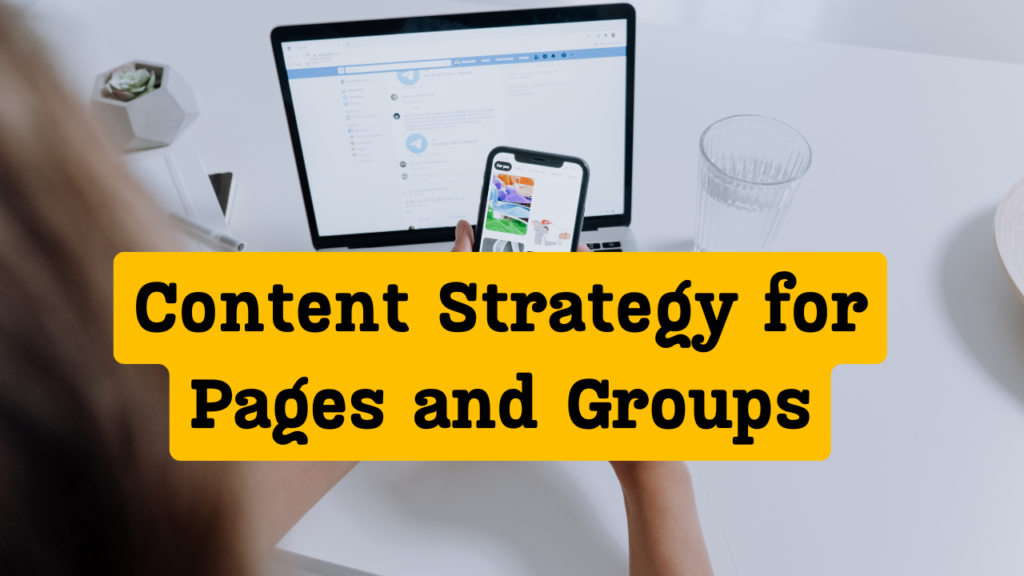
The type of content you post can also influence your decision. Pages are great for polished, professional content, such as product launches and company updates. Groups, meanwhile, thrive on informal, community-driven content that encourages participation, like polls, discussion threads, and exclusive sneak peeks.
Conclusion
Both Facebook Pages and Groups offer unique advantages, but the best choice ultimately depends on your brand’s goals. Pages are ideal for visibility and brand-building, while Groups excel at fostering community and engagement. In many cases, a combination of both can provide the best of both worlds. So, take some time to evaluate your needs, experiment with different approaches, and build a strategy that works for you.
FAQs
1. Can I switch from a Facebook Page to a Group?
While you can’t directly convert a Page into a Group, you can create a Group linked to your Page to combine their benefits.
2. How do I decide whether to use a Page or Group?
Consider your goals. If you’re focused on visibility and branding, go with a Page. If community-building is your priority, opt for a Group.
3. Is it possible to manage a Page and Group together?
Yes, many brands successfully use both. Facebook even allows you to link Groups to your Page for seamless management.
4. How do I increase engagement on my Facebook Group?
Encourage participation through polls, Q&A sessions, and interactive content. Consistency is key to keeping members active.
5. Are Pages or Groups better for small businesses?
It depends on your objectives. Pages are great for advertising and visibility, while Groups offer a cost-effective way to build a loyal customer base.
